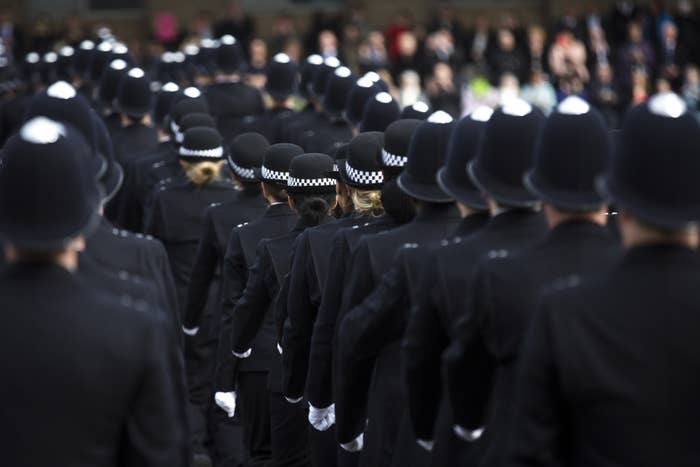The Independent Police Complaints Commission (IPCC) is launching a further 13 investigations into allegations that police officers covered up evidence of suspected child sex offences carried out by MPs and public officials.

The watchdog said in a statement on Thursday that 12 investigations relate to alleged corruption in the Metropolitan Police Service while one relates to Essex police.
This now brings the total number of IPCC investigations relating to suspected police suppression of alleged child sex abuse to 30, following the 17 announced in March.
All the investigations relate to suspected child sex offences dating from the 1970s through to the 2000s and the majority of allegations are made by retired Met officers, the IPCC said.
Officers are accused of "Suppressing evidence; hindering or halting investigations [and] covering up the offences because of the involvement of members of parliament and police officers."
In March, a former Scotland Yard detective claimed he was removed from his post after he revealed plans to investigate politicians over alleged child abuse in Lambeth children's homes in the 1980s.
The IPCC's deputy chair said the allegations referred to "high-level corruption of the most serious nature".
The Met said in a statement on Thursday that it had voluntarily referred almost 50 similar cases to the IPCC in total.
A Scotland Yard spokesperson said: "Since 16 March 2015, the Metropolitan Police Service has referred 47 separate allegations to the IPCC concerning historic allegations of impropriety by police officers when dealing with sexual abuse in the period 1970-2005. The IPCC has decided to manage 29 of those investigations; we await a decision on the remaining 18.
"We would encourage anyone who has information, or knowledge of how these historic cases were investigated, to come forward and assist with the investigations."
The investigations will now be carried out by the Met's directorate of professional standards under the supervision of the IPCC.
Although no names have been released, the IPCC provided a brief breakdown of each investigation, showing the gravity of the allegations being made.
– Among the charges are that an investigation into a paedophile ring in southwest London in the 1970s was "shut down prematurely on the instruction of senior or high-ranking officers".
– Evidence held as part of this investigation was removed and the operation was threatened with closure "if it uncovered evidence against VIPs", the statement said.
– One officer allegedly stopped the prosecution of a "government official" who had indecent images of children "following instruction for senior officers and lawyers", the IPCC said.
– Evidence relating to "child abuse at a youth club" in the 1980s and 1990s involving politicians and council officers allegedly "went missing" from a London police station, according to the IPCC.
– Other allegations relate to a specific unnamed MP, who was released without charge after evidence relating to child sex offences "disappeared".
– Officers investigating the actions of an MP who was arrested in connection with an investigation into a paedophile ring, but released without charge, were told they would be accused of breaking the Official Secrets Act if they spoke of the incident, it is alleged.
– It's alleged that Essex police failed to investigate evidence provided by a witness that an MP was allegedly involved in child sex abuse.

Jennifer Izekor, commissioner of the IPCC, said in a statement: "We are continuing to receive further referrals from the Met and have now assessed that a further 12 require management by the IPCC in addition to one from Essex police. Our investigators will now oversee these investigations and ensure they meet our robust standards."
